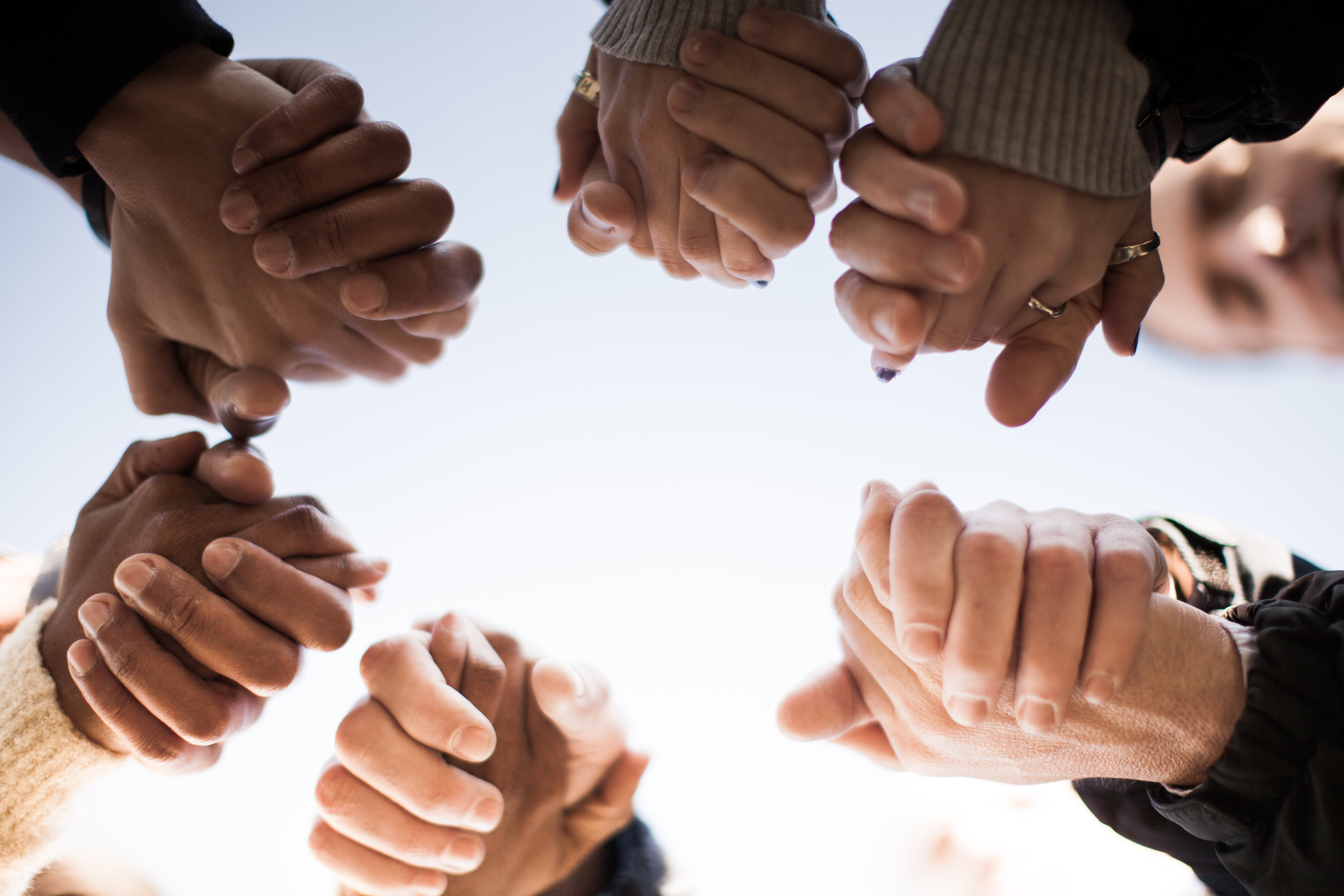
NOTE: This is NOT an anti-police message. Unfortunately, some view the condemnation of the actions preformed by officers in these past months as a condemnation of police as a whole. I have friends and family in law enforcement and am aware that not all cops are corrupt. I respect the decision of many of these brave men and women to uphold the law despite the obvious danger. This is instead a message to address all forms of racial injustice in this country, which expands well beyond instances of police brutality. In my opinion, Jesus would want the church to address these issues directly.
There are events in everyone's lives that leave lasting impressions on their world view. These events can be either positive or negative in their impact. One such positive event for me occurred not long after I became a Christian. I attended a Racial Reconciliation event co-hosted by RUF and Cru in which we learned from Jimmy Carter (not that one), a preacher who had used his experiences as a pastor and former punter for the UK football team to build a multi-ethnic church in which believers from different racial and socioeconomic could come together and worship God as one. I am grateful for Jimmy's sermon and workshop, as it changed the narrow view of a boy from a predominantly white region of rural Appalachia.
All Christians should realize that a significant amount of the New Testament is rooted in the idea of racial equality. The early church initially rejected the idea of accepting non-Jews into the congregation. Some of the apostles viewed the Jews as the rightful inheritors of the faith, given that Jesus and all 12 apostles were Jews. Galatians 3:27, however, makes it abundantly clear that in Christ, we are no longer Jew, Greek, Gentile, Black, White, male, female or slave in the eyes of a Holy God. We are free to enjoy and express our unique cultures, but we are NOT to use it as a source for supremacy or privilege. Given the context of this verse, the message becomes increasingly relevant. Some other verses Christians may want to pray and meditate upon are:
Luke 10:27 - And he answered, “You shall love the Lord your God with all your heart and with all your soul and with all your strength and with all your mind, and your neighbor as yourself.”
Ephesians 2:19-20 - So then you are no longer strangers and aliens, but you are fellow citizens with the saints and members of the household of God, built on the foundation of the apostles and prophets Christ Jesus himself being the cornerstone
Despite the obvious racially inclusive teachings of Jesus, the Church as a whole has a horrible track record when it comes to race. Though I won't get into it here, Christians in past centuries have been advocates of slavery and segregation (Read More: https://religionandpolitics.org/2019/04/02/the-american-churchs-complicity-in-racism-a-conversation-with-jemar-tisby/). While the church certainly has a regrettable past concerning the subject of race, we stand with the chance today to be an ally to the oppressed and reiterate the gospel as Christ intended. Christians today cannot turn a blind eye to the current injustices of systemic racism and absolutely should not deflect attention from the importance of the lives of our African American brothers and sisters. If we do not support justice for a man or woman wrongly murdered, how can we expect God to find us worthy to use Jesus's precious blood on?
As Christians, how do we respond? Our actions should be led by Scripture and history.
1) Listen to the African Americans in our community and pray for them/share the gospel. If you are white, you likely cannot fathom how betrayed and undervalued they feel at the moment. However, God can. Jesus was beaten and despised by his own for who he was and was wrongly accused of crimes he was incapable of committing. This is how the gospel can empower and give hope to the oppressed among us.
2) Love the African Americans in your community. In a world lacking in love, Christ can be glorified and the church be set apart based on the love we can show to those facing injustice. Christ commanded us to do this and is disappointed when we fail. This can look like 1) but could also be helping them with simple needs or showing genuine sympathy for their concerns.
3) Do not condemn the entire movement because of the violence. While we cannot condone the violence, we cannot lose sight of the reason for national unrest. Those who justify or ignore injustice are just as bad as those condemning righteousness (Proverbs 17:15). Two wrongs do not make a right, but that is not an excuse to stop supporting the process of justice.
The church has been overrun with politics in the past few years. However, the issues of the current day are not political in nature, but rather humanitarian. God created the church to uphold the basic human rights he has ordained in scripture. We see the church fulfill this through food banks, housing and education. Justice is also a basic human right; God delivers justice and uses us to do it. We cannot be pro-life if we do not also emphasize that black lives matter as much as any other and condemn the wrongful acts plaguing our country.
I pray that we can all move forward as a united people who can recognize injustice and love everyone regardless of skin color, socioeconomic status, profession or demographics. If the church and it's members can't initiate this change, then who can? Our country is depending on us and I pray we can all look past politics and race to accomplish what God expects of us. If we do not speak out against injustice then we are on the side of the oppressor, in the eyes of the public and in the eyes of God Almighty. The rest of the world is watching.
Comments
Post a Comment